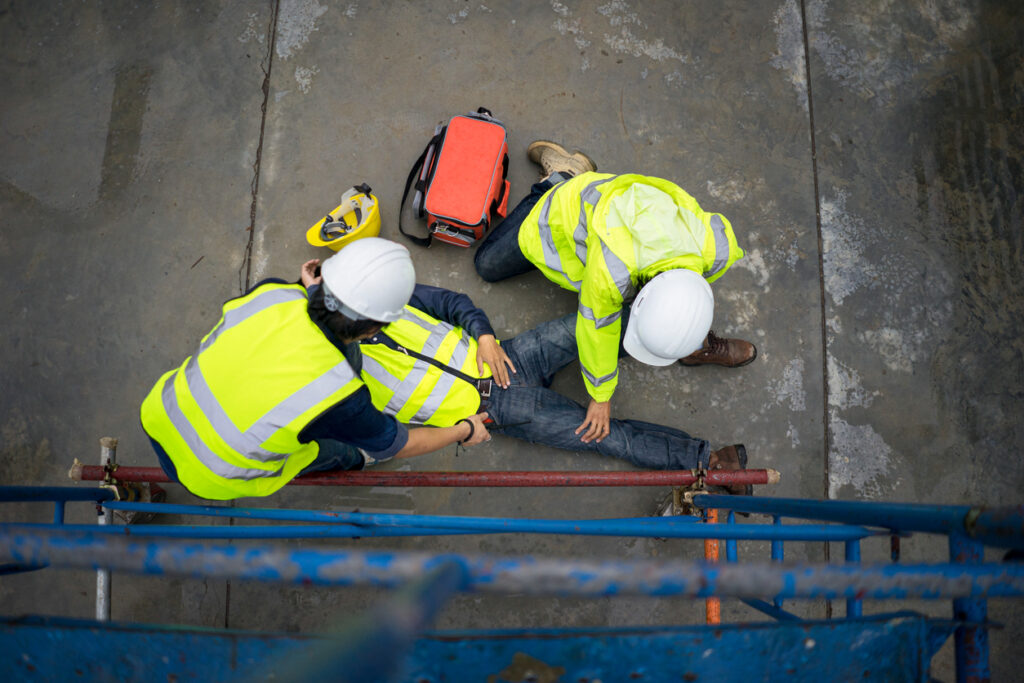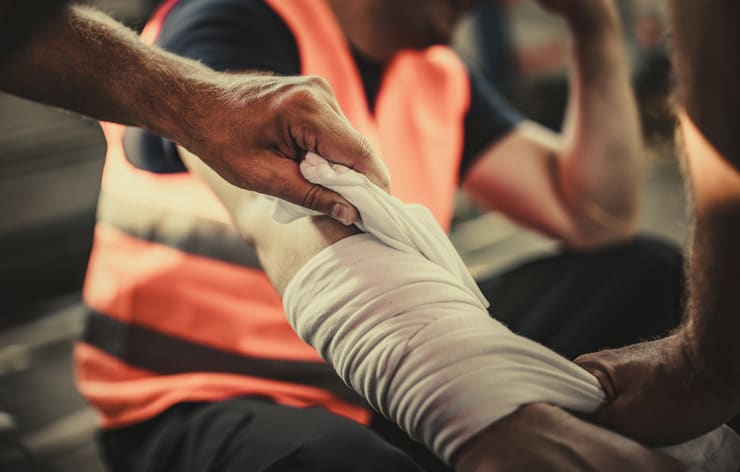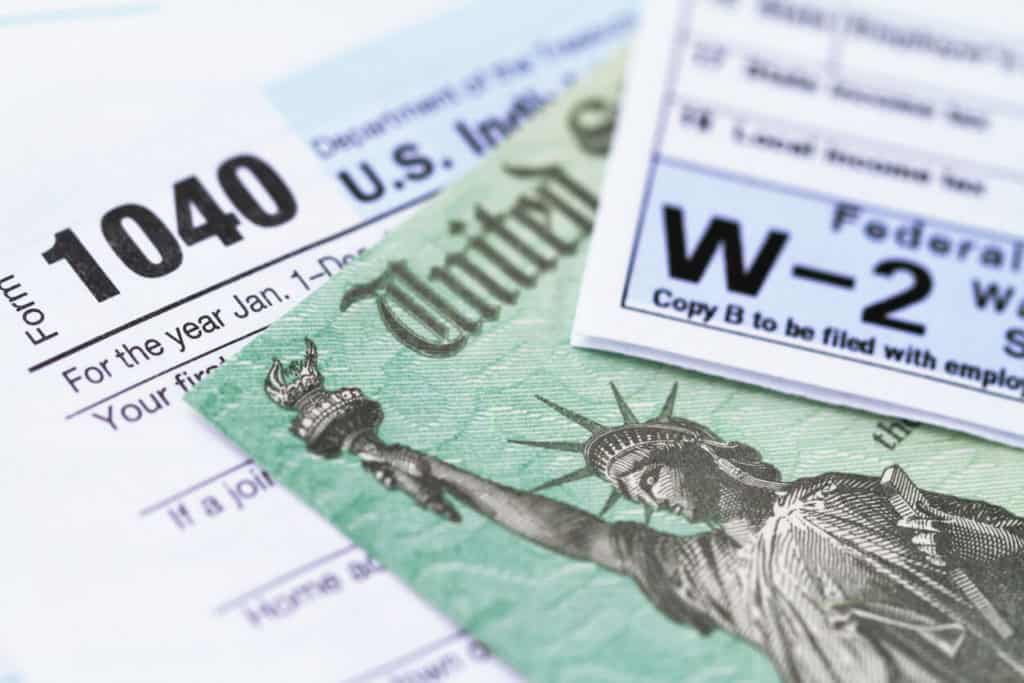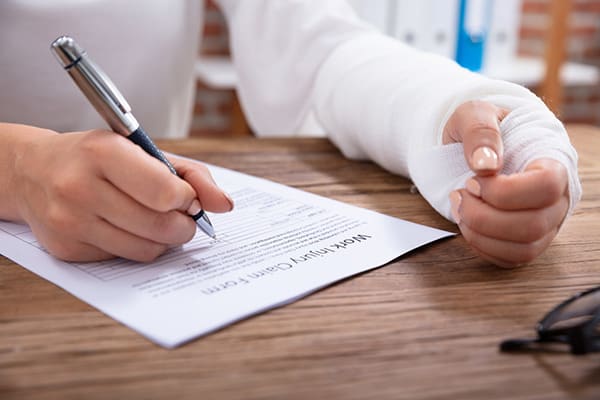HOW TO DOCUMENT A WORKERS’ COMP INJURY
Personal Injury Lawyers » Practice Areas » Colorado Workers’ Compensation Attorneys » How to Document a Workers’ Comp Injury
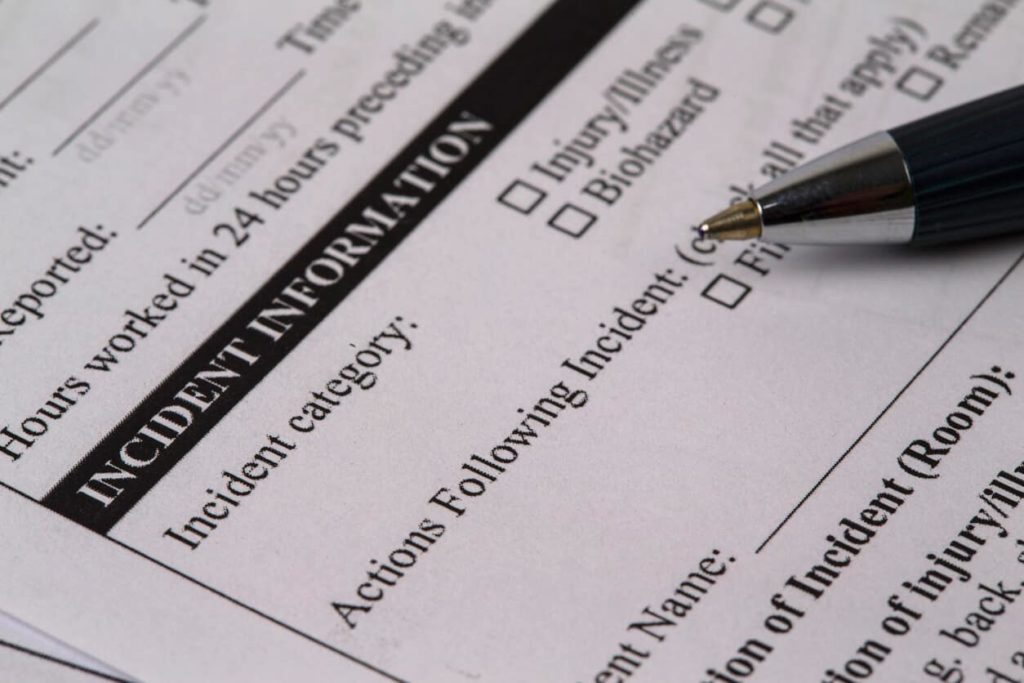
When you’re injured on the job, and you’re unable to work, there’s a good chance that you qualify to claim workers’ compensation. However, you need to take all the right steps to document your workers’ comp claim. It can be hard to know what you need to do. Here’s what you need to know about how to document a work injury from our Colorado workers’ compensation attorneys.

- How to Document a Workers' Comp Injury?
- How to Prove a Work-Related Injury?
- Proving a Workers' Comp Case
- Documentation for a Workers' Compensation Case
- Colorado Attorneys to Document Workers' Comp Claim
- Visit Our Office Locations Across Colorado & Beyond
- Related Workers Compensation Resources
- You Deserve Fair Compensation
How to Document a Workers’ Comp Injury?
To document a workers’ comp injury, you gather the following pieces of evidence:
- Witness statements from those who saw injury occur
- Medical records that show the date and time of medical attention
- Accident reports
- Records of your employment with the company
- Registration of the company to do business in the state
- Medical records that show your injuries, diagnosis, and treatment
- Experts that can speak to your injuries and when they may have occurred
The specific documentation that you need depends on your case details.
How to Prove a Work-Related Injury?
To prove a work-related injury, you must show that an accident occurred at work and that your injuries are the result of the accident. You prove that an accident happened at work by gathering witness testimony, medical records, and photographs.
One way to supplement your evidence is to get records showing that you received medical attention shortly after the injury. You also rely on your own testimony, medical records, and expert witnesses to prove the nature and extent of your injuries.
Proving a Workers’ Comp Case
To win your workers’ compensation case, you need to prove four things:
- Jurisdiction – The state must have jurisdiction over the case. In other words, they must have legal authority over the business for the business to be subject to workers’ compensation laws in the state. To prove jurisdiction, you have to show that the company was doing business in the state at the time of the accident. Typically, the fact that you were employed and reported to work is enough to satisfy this element.
- Employment – Documenting a workers’ comp claim means showing that you were employed and working at the time of the accident. The employer should have records that you can obtain to show your employment history with the company.
- Injury – An injury must occur for an employee to qualify for workers’ compensation. You must prove that you got hurt. It’s also up to you to show what your injuries are and how long they’re going to prevent you from working.
- Causation – It’s critical to prove a link between your employment and your injury. In other words, your work must be the cause of your injury. In cases of acute or immediate injuries, you need medical evidence to link the accident and your injuries. For long-term illnesses, you may work with a medical expert who can explain how working conditions caused your illness. The employer may try to claim that the accident didn’t produce your injuries, but you can fight back.
Documentation for a Workers’ Compensation Case
The documentation that you need to prove your workers’ comp case depends on the specific circumstances of the case. With a review of the case, you can spot the issues that might be challenged in your case. Some of the pieces of evidence that may be helpful documentation for your workers’ compensation case include the following:
Medical records – Medical records may be helpful for several reasons. They prove the dates when you sought treatment. They establish what symptoms you complained of. There may be x-rays, scans, and other diagnostic tests that show what injuries you had and when. The other side may try to claim that your injuries predate the accident or that you’re exaggerating your symptoms. Your current and even previous medical records can document your claim and prove the truth.
Accident reports – Accident reports made at the time of the injury can establish the events of the injury and the timeline of the injury. They can also identify witnesses that can be valuable to the claim. An accident report may contain factual statements about the scene of the accident including slip and fall hazards, equipment involved, and other causes for the accident. There may be witness reports that show your immediate reaction and the response to the accident that document the circumstances surrounding your injury.
Employment records – Employment records can establish that you worked for the company. They can also verify that you were at work at the time of the accident. In addition, they can confirm that you worked over a period of time sufficient to cause long-term illness.
Witness testimony – Witnesses can talk about seeing the accident and the events that followed. They can explain their observations. Witnesses can confirm that you were at work when the accident occurred. While you don’t have to prove fault, witnesses can still be helpful to explain that an accident happened that’s significant enough to cause your injuries.
Expert witnesses – If there are questions about the severity of your injuries or your ability to work, an expert witness can be helpful in documenting your case. They can help you show not only that the accident resulted in your injuries but also that you need time before you can return to work. An expert must be qualified to speak to the issues in controversy.
Photos – Photographs can prove your injuries. They can also demonstrate the conditions that caused the accident. You might take pictures immediately at the accident scene. You may also take photos of your injuries later on to document your workers’ comp claim.
Personal diaries of events – A journal of your medical care and pain levels can document your costs and your recovery. Your records should include any documentation that you receive from medical providers. Creating a diary of your treatment and symptoms can help you prove your workers’ comp claim.
Colorado Attorneys to Document Workers’ Comp Claim
Do you need help documenting a workers’ comp claim? Our Colorado workers’ comp attorneys can help you maximize compensation and simplify your case through careful documentation. Call us today to immediately start working on your case. We are conveniently located at 5 Colorado locations near you in Denver, Fort Collins, Colorado Springs, Aurora, and Englewood. Our attorneys are ready to serve you and fight for the compensation you deserve.
Visit Our Office Locations Across Colorado & Beyond
Serving Clients Nationwide
Related Workers Compensation Resources
You Deserve Fair Compensation
Don’t let the insurance companies intimidate you into accepting less than you deserve. We’re ready to fight for you.









